
Chronic pain is extremely common, affecting many as 100 million Americans — that’s more than cancer, diabetes, and heart disease combined! Though medication can help, many people don’t like the idea of taking prescriptions for their chronic pain due to unwanted side effects, lack of effective results, or financial concerns. Fortunately, there are alternative pain management methods that may alleviate some, or all, of the discomfort that accommodates chronic pain.
Reduce Inflammation
Chronic pain is very closely associated with increased levels of inflammation in the body. Short-term inflammation is the body’s natural response to injury. However, when inflammation persists in the long term, it can put pressure on our nerves and cause pain. Research has revealed that certain anti-inflammatory diets, adequate exercise, and quality sleep can protect the body from the long-term effects of inflammation and provide pain relief.
CBD, or cannabidiol, has also shown to be very successful in treating chronic pain. This is likely due to the compound’s strong anti-inflammatory effects. CBD oil is the perfect way to receive the health-promoting effects of beneficial cannabinoids without becoming intoxicated. To find the best CBD oils available, use sites like Remedy Review to help you find high-quality products.
Try Mind-Body Therapies
According to the Doctor Weighs In, a mind-body approach to pain management may be just as effective as opioids for reducing chronic pain. Mind-body therapy combines cognitive behavioral therapy with pain education and other key techniques to “rewire” the brain and alter our perception of pain. Yoga and meditation may be particularly beneficial.
Yoga for Strength and Flexibility
Pain has many debilitating effects on the body, making our breath more shallow, tensing our muscles, and altering our thinking patterns. Yoga has the exact opposite effect. Yoga can reduce stress, improve oxygen flow to our brain and muscles, release tension in the body, and teach us how to take control of our thought patterns to transform negative feelings into more positive emotions. Mild to moderate exercise, in general, can reduce pain by keeping your joints moving smoothly and strengthening your core muscles to prevent strain on your back.
Meditation for Harnessing the Power of Thought
Research also suggests that meditation techniques can help relieve pain. For example, one study reported by Spine-health demonstrated that mindfulness meditation can reduce people’s perception of pain after three short sessions. Even better, this pain reduction lasted beyond the meditation sessions, suggesting that meditation does more than simply distracting people from their pain. This may be because mindful meditation helps people accept their pain and learn how to shift their focus from it.
Give Acupuncture a Go
Acupuncture is yet another form of alternative therapy that has shown promise against chronic pain. Research suggests this is due to the effect of acupuncture on endorphin levels in the body — endorphins have morphine-like properties. If you’re interested in giving it a try, make sure you find a licensed and certified acupuncture practitioner. It’s also important that you feel comfortable with the acupuncturist you choose so you can relax during your treatment.
Keep a Pain Journal
Finally, keeping a journal can help you monitor your levels of pain over time and identify certain behaviors that make it better or worse. For example, you may discover that certain foods exacerbate your pain, while specific forms of exercise are particularly helpful. Keep track of which parts of your body hurt, how much they hurt, and what you were doing at the time. It’s also a good idea to record any pain-management techniques you’re trying, things you ate, and types of physical activity you engaged in that day.
Don’t allow chronic pain control your life. Of course, if some days are particularly bad and you’d rather lay in bed and relax, go for it! It’s crucial not to feel guilty or obligated to get up and go when you’re just not feeling it. However, at the same time, you deserve to enjoy all the activities you want to do. So, try out some of these natural pain-management techniques, and don’t stop until you find a method that works for you!
Brad Krause is the creator of Self Caring, which provides self care resources for people who can use some helpful advice to improve their lives.





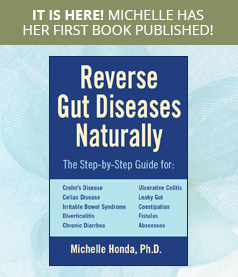

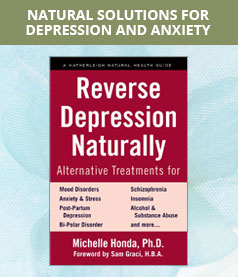
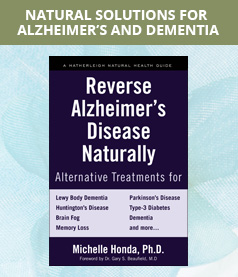
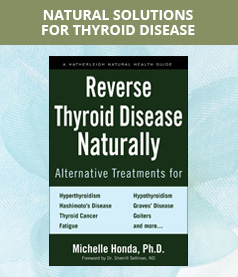

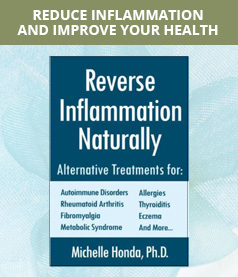
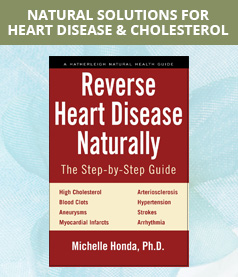
Thank you for sharing this. I really don’t want to rely on medicine too much as it may affect my liver and I am always looking for natural ways. Keep it up! I will share this with others as well.
Hi Jhoei
Glad you found it helpful. There are other pain related posts with specific remedy recommendations as well.
Michelle Honda
Thank you for the post especially the information on chronic pain. I’m finding that CBD Oil is working wonders though it took some time to get the correct dosage for my size. It’s helped both my knees, lower back, and other “this is stiff” joints without having to take so many pharmaceuticals.
Also thanks for the link to Remedy Review, very helpful!
All Health Chiropractic
Hi Trish,
A mainstay for our body which is also our anti-inflammatory pathway – omega 3 fatty acids. I suggest Super EFA’s for their concentrated EPA and DHA properties. I have an in-depth post on these and other posts for natural pain remedies.
Best of luck.
Michelle
Thank you! I’ve been reading and learning so much from your blog, appreciate the knowledge you share.
Thanks for your comment Trish, glad you found the information helpful.